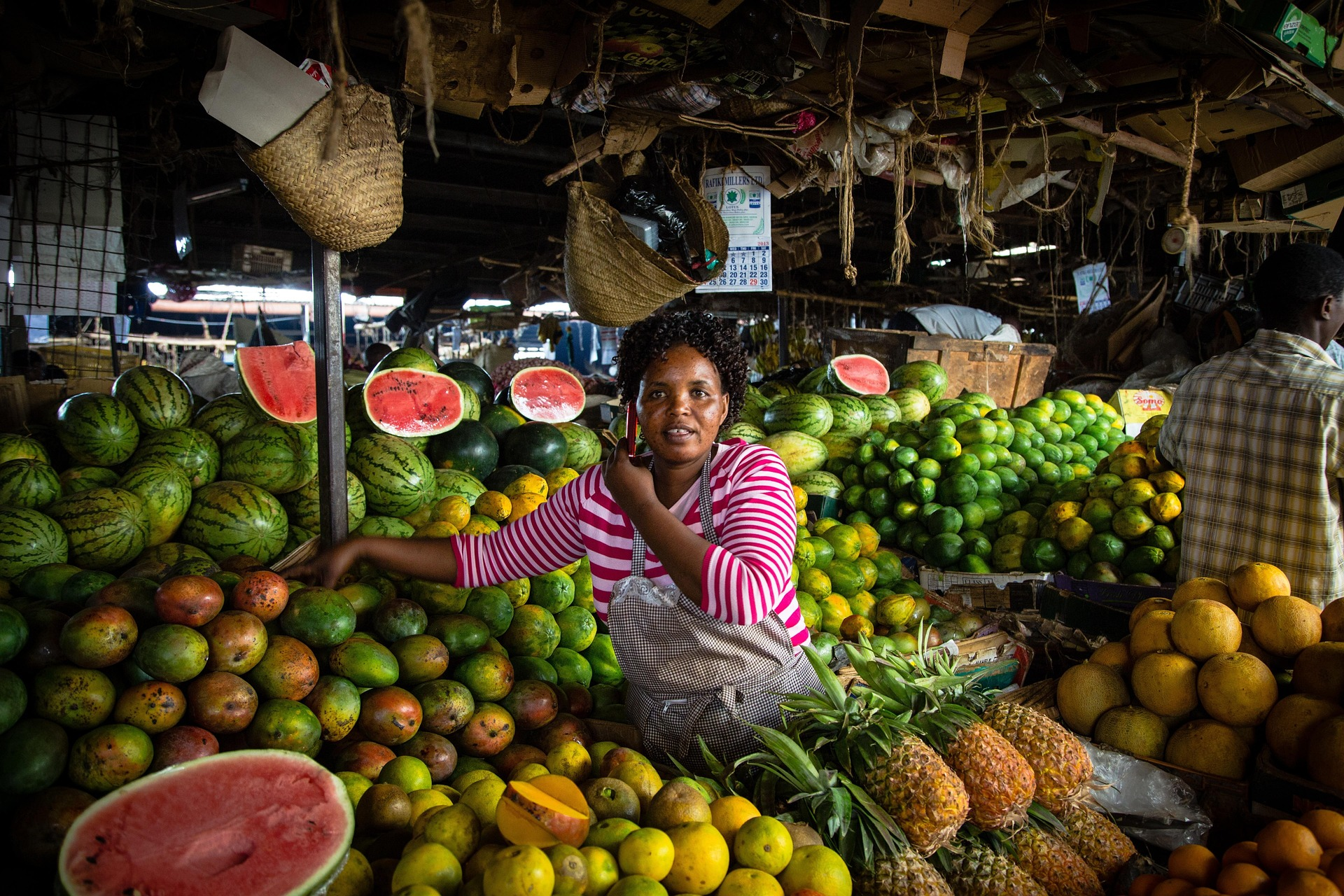A barter system is a way for people to exchange goods or services without using money. In rural areas, this system helps people meet their needs when cash is not always available. The barter system is one of the oldest forms of trade. Exchange works well in small communities where people know each other and understand what others need.
Establishing Barter Systems Through Local Co-Ops
A local co-op is a group formed within the local context by people within the community. It helps members of the community to work together for shared goals.
When a Rural Development Center or a Local People’s Organization sets up a co-op with an internal barter system, it creates a place where farmers and others can trade what they have for what they need.
The co-op can organize a routine market system where these trades happen. Members can bring their harvests and other goods, including handmade arts and crafts, and exchange them for other goods or services. The co-op keeps records and helps make sure trades are fair and clear for everyone.
How Barter Systems Help Small-Scale Farmers
Small-scale farmers often face challenges after the harvest. The small-scale farmers need to sell their harvests quickly at reduced prices. The alternative is to risk losing everything if the crops spoil.
When a barter system is in place with a co-op, farmers do not need to sell their harvests at a loss. They can trade their harvest for other things they need, such as seeds, tools, or food. This gives them more choices and provides immediate relief from the hardships previously inherent in their lives.
The co-op structure helps ensure that fair value is given for the goods exchanged, as the prices and terms are determined by local market dynamics. They are no longer being dictated by external disruption, outside buyers, or unstable market forces.
Because the market is contained within the co-op, farmers can avoid the economic hardship that comes from being forced to accept low prices out of desperation. The co-op, collective bargaining, and shared decision-making further stabilize prices and protect members from exploitation.
Ensuring Fair-Market Values in a Barter System
The barter system also helps to ensure fair values for goods and services in the local market. The value of services is decided by the people trading, based on what they need and what they have.
This means that prices are not set by outside buyers who may pay less. Instead, the community agrees on what is reasonable. This helps the local population ensure market stability and keeps the local market strong.
Providing Immediate Relief and Long-Term Benefits
Barter systems are able to help to farmers and others in the community. People can get what they need right away, even if they do not have cash.
This relief is sometimes limited because not every need can be met by barter. However, over time, the barter system does more than just help with immediate needs.
When people join the Rural Development Centers or the Local People’s Organizations, they have the opportunity to learn new skills. They can take part in life skills training, find paid work, or even start their own small businesses.
Improving Quality of Life and Reducing Poverty
When people within the community take part in the barter system and other programs, the quality of life improves for everyone. People have more ways to meet their needs. They build stronger relationships and trust with others.
They have the opportunity to learn skills that help them find better jobs or run their own businesses. The local population that has the capacity to enjoy an improved median quality of life, also becomes more active in civic participation.
The Barter System in Conclusion
As more people become active in the local market, the risk of poverty becomes smaller. The most vulnerable members of the community, such as the elderly or those with fewer resources, get more support. Over time, the whole community becomes stronger and more able to face challenges.
Barter systems, when managed in a proper fashion, help small-scale farmers and other community members. They give fair value for goods, provide quick relief, and offer new ways to learn and grow. These systems, along with the life skills training and business opportunities, are among the best routes for systemically sustainable human growth and development.

